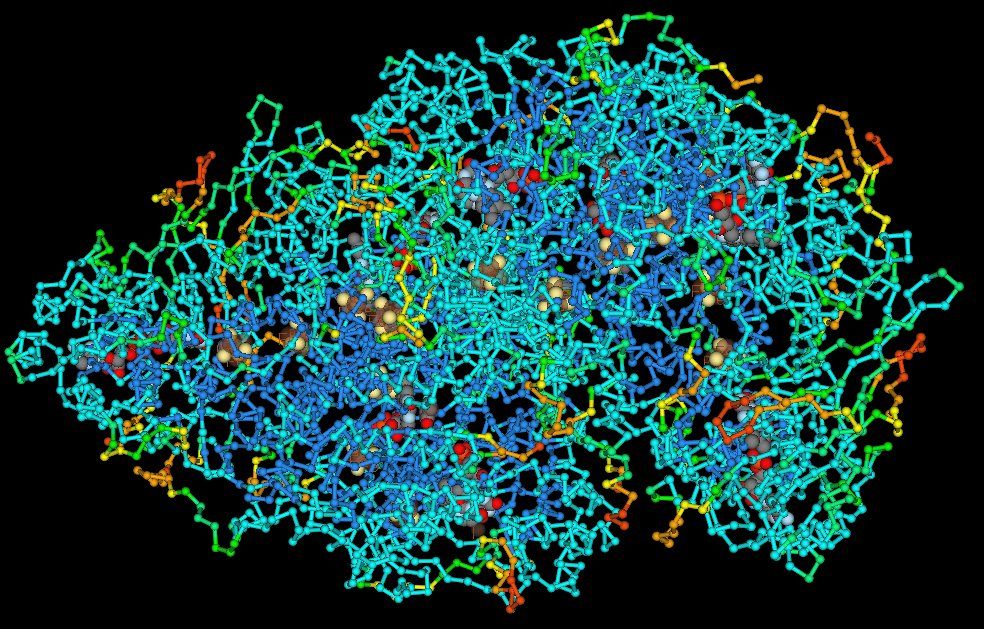Lasting Polymers: Eco-Friendly Solutions for the Future
Lasting Polymers: Eco-Friendly Solutions for the Future
Blog Article
Exploring the Varied Applications and Advantages of Polymers in Different Industries
Polymers, with their diverse array of properties and performances, have ended up being vital in different markets, each gaining unique advantages from their application. From improving safety and security and efficiency in the auto industry to changing clinical devices in the medical care market, polymers play an essential role.
Automotive Market Applications
Polymers play a pivotal role in boosting the efficiency and durability of various parts within the automotive industry. These functional products are thoroughly utilized in the production of various components, ranging from indoor parts to under-the-hood applications. One noticeable use polymers in the automobile market remains in the manufacturing of lightweight components. By changing standard steel components with polymer-based alternatives, cars can achieve enhanced fuel effectiveness without endangering on stamina or security.

Medical Care Sector Benefits
In numerous healthcare applications, the advantages of utilizing polymers are widely recognized for their diverse variety of helpful buildings. Polymers play an essential role in the healthcare industry due to their adaptability, biocompatibility, and cost-effectiveness. One of the primary advantages of polymers in medical care is their capability to be customized to details requirements, such as adaptability, toughness, and biodegradability, making them ideal for a large range of medical applications.
Polymer-based materials are thoroughly used in clinical tools, such as catheters, implants, prosthetics, and medication distribution systems, because of their biocompatibility and ability to imitate all-natural tissues. These materials can lower the threat of allergies or denials, boosting client safety and outcomes. In addition, polymers are lightweight, making them suitable for wearable clinical gadgets and guaranteeing patient convenience.
Moreover, polymers enable the growth of innovative therapy methods, such as hydrogels for tissue engineering and nanocomposites for targeted medicine distribution. Their simplicity of processing and sanitation makes them vital for maintaining high requirements of health in healthcare settings. On the whole, the diverse advantages of polymers add considerably to innovations in medical innovation and person care.
Environmental Advantages of Polymers

Furthermore, polymers can contribute to power cost savings because of their light-weight nature. In markets such as transportation, light-weight polymer materials can Learn More Here help in reducing fuel usage and greenhouse gas discharges. In addition, polymers can make it possible for the growth of energy-efficient items such as insulation products that boost power conservation in structures.
Moreover, polymers play a vital duty in lowering water air pollution. The use of polymer-based filtering systems can efficiently remove contaminants and pollutants from wastewater, protecting water resources and ecosystems. Overall, the ecological advantages of polymers make them important assets in promoting sustainability and environmentally friendly methods across numerous markets.
Polymers in Electronics and Technology
Taking into consideration the boosting demand for cutting-edge and lasting options in contemporary industries, the assimilation of sophisticated polymer technologies in the world of electronics and innovation has actually become a critical navigate to this website approach for driving performance and efficiency. Polymers have revolutionized the electronics sector by allowing the manufacturing of lighter, a lot more versatile, and resilient electronic gadgets. From mobile phones to clinical gadgets, polymers play a critical role in improving product style and capability.
One significant advantage of polymers in electronic devices is their insulating residential or commercial properties, which aid safeguard fragile digital elements from ecological factors and electric disturbance. Additionally, polymers are necessary in the development of versatile display screens, wearable technology, and published electronic devices, using countless possibilities for creating smart and interconnected tools.
Furthermore, making use of polymers in digital product packaging has caused advancements in miniaturization and thermal administration, enhancing the total performance and reliability of electronic systems. As innovation proceeds to advance, the flexibility and versatility of polymers will undoubtedly drive further development in the electronic devices market, forming the future of modern technology.
Duty of Polymers in Building And Construction and Infrastructure
The integration of advanced polymer materials in construction and infrastructure jobs has transformed the method structures are developed and constructed in contemporary times. Polymers use many advantages in the building market due to their flexibility, sturdiness, and cost-effectiveness. One vital function of polymers in building and construction is their use in layers and sealers, supplying security against environmental elements such as moisture, UV radiation, and deterioration. In addition, polymers are made use of in the manufacturing of lightweight and high-strength composite materials, improving the architectural honesty of buildings while minimizing overall weight.
Furthermore, polymers play a critical duty in sustainable construction practices by enabling the growth of energy-efficient frameworks. Insulating products made from polymers assist manage indoor temperature levels, minimizing the need for home heating and cooling systems and eventually lowering energy intake. Moreover, using polymer-based composites in framework jobs such as bridges and roadways enhances their durability straight from the source and reduces upkeep prices. Generally, the consolidation of polymers in building and framework displays their significant impact on modern-day engineering methods.
Final Thought
Finally, polymers play a critical function in different sectors such as automobile, medical care, environmental, electronic devices, and building. Their functional properties make them valuable in creating cutting-edge options and products. From improving gas performance in vehicles to enhancing clinical devices, polymers supply countless advantages. Additionally, their effect on decreasing waste and promoting sustainability highlights their importance in modern applications. The prevalent usage of polymers shows their considerable contribution to advancing technology and boosting high quality of life.
Report this page